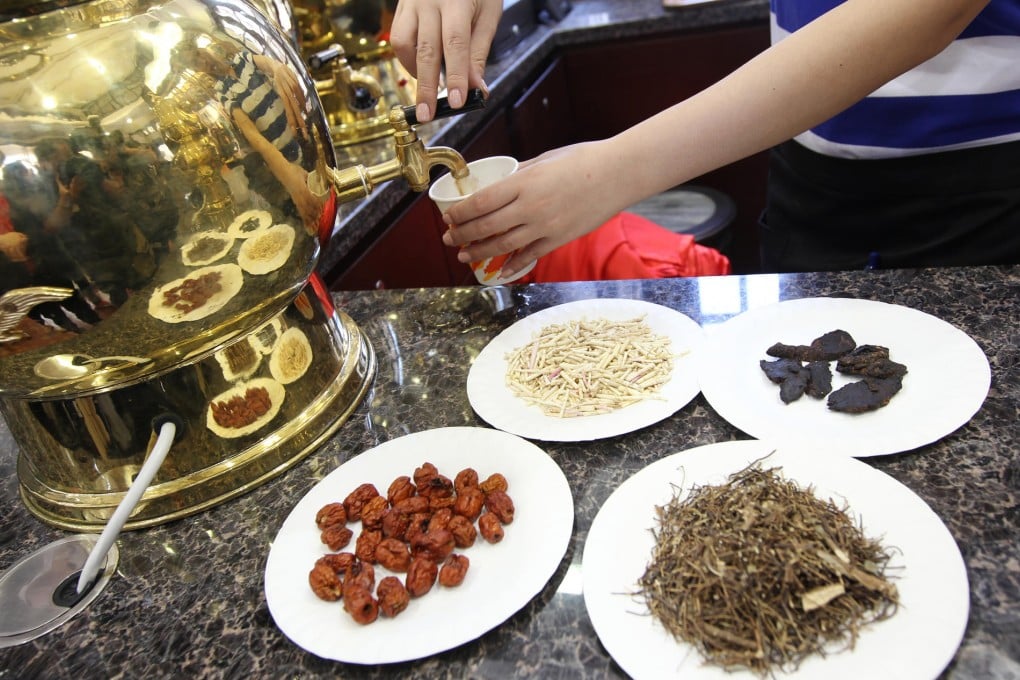Alternatively speaking: Give your spleen a spring clean
Traditional Chinese medicine holds that emotional stress wreaks havoc on our health by affecting the flow of chi (energy) and blood in the abdomen.

Traditional Chinese medicine holds that emotional stress wreaks havoc on our health by affecting the flow of chi (energy) and blood in the abdomen. Imbalances in the spleen, in particular, can occur as a result of an unhealthy diet and lifestyle exacerbated by sustained levels of stress.
"The majority of functional gastrointestinal disorders, such as poor appetite, dyspepsia, diarrhoea and constipation result from a weak spleen organ system," says Professor Bian Zhaoxiang, a Chinese medicine expert and director of the clinical division of Baptist University's School of Chinese Medicine.
The spleen is considered by practitioners to be the main organ of digestion, responsible for transforming and extracting nutrients from the foods we eat into chi and blood. It is a yin ("cold") organ system that prefers food and drink that are "warming" to the body temperature and temperament.
Think of the spleen as being powered by heat. Frozen food, icy drinks, cucumber, bitter or winter melon, lettuce and grapefruit deplete the spleen's "fire". Foods that are "damp" - such as dairy products, refined sugars and sweets - can also smother the digestive process.
The spleen is a yin organ system that prefers food and drink to be 'warming' to the body
In general, to nourish the spleen, foods must be cooked or brought to at least room temperature. Sesame, pumpkin or sunflower seeds, legumes, kidney beans, lightly cooked vegetables, small amounts of lean meats, figs, coconuts, grapes, cherries, dates, potatoes, sweet potatoes, brown rice, oats, rice, ginger, spring onions and pu'er tea are among the best foods for the organ.